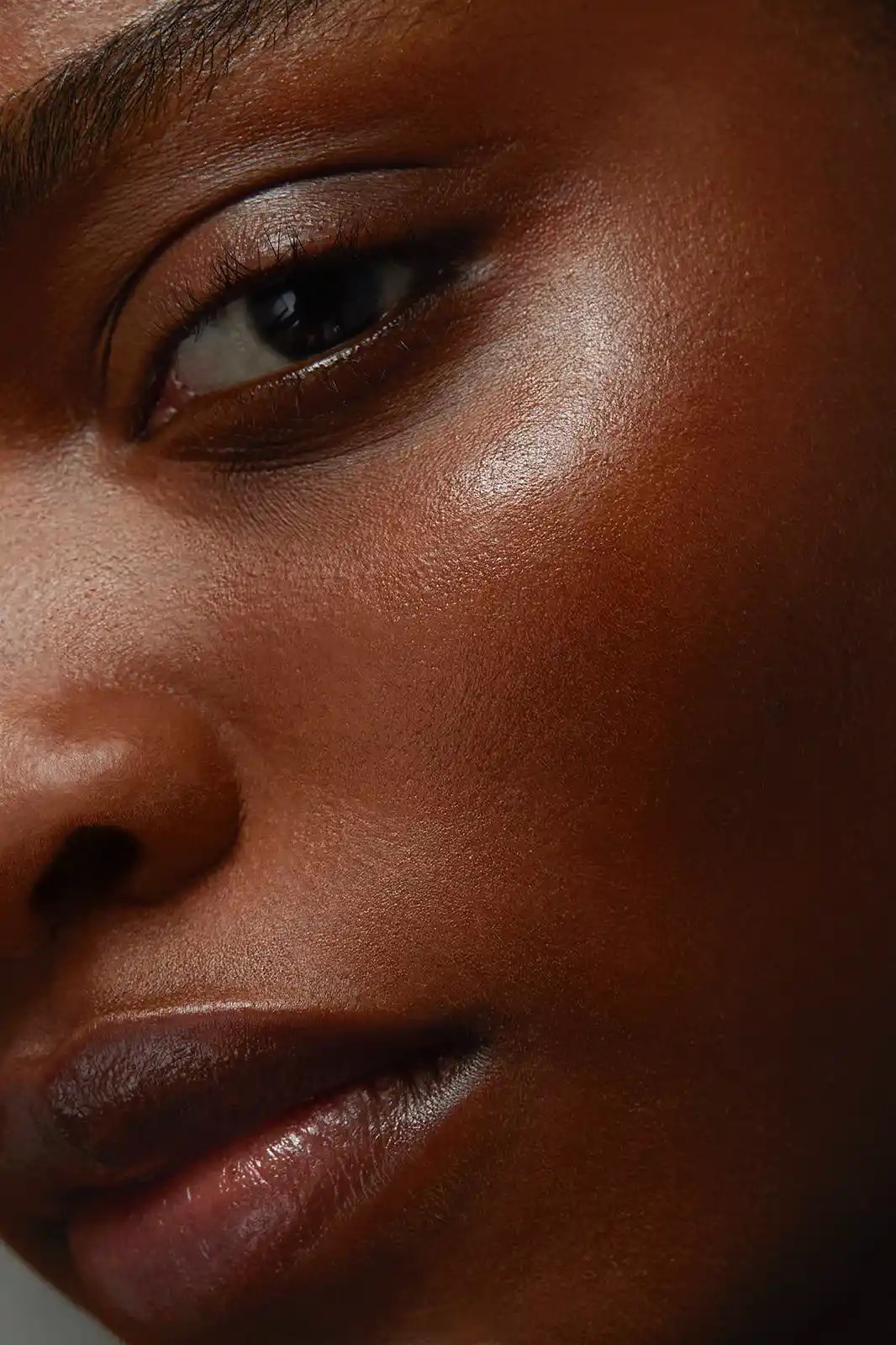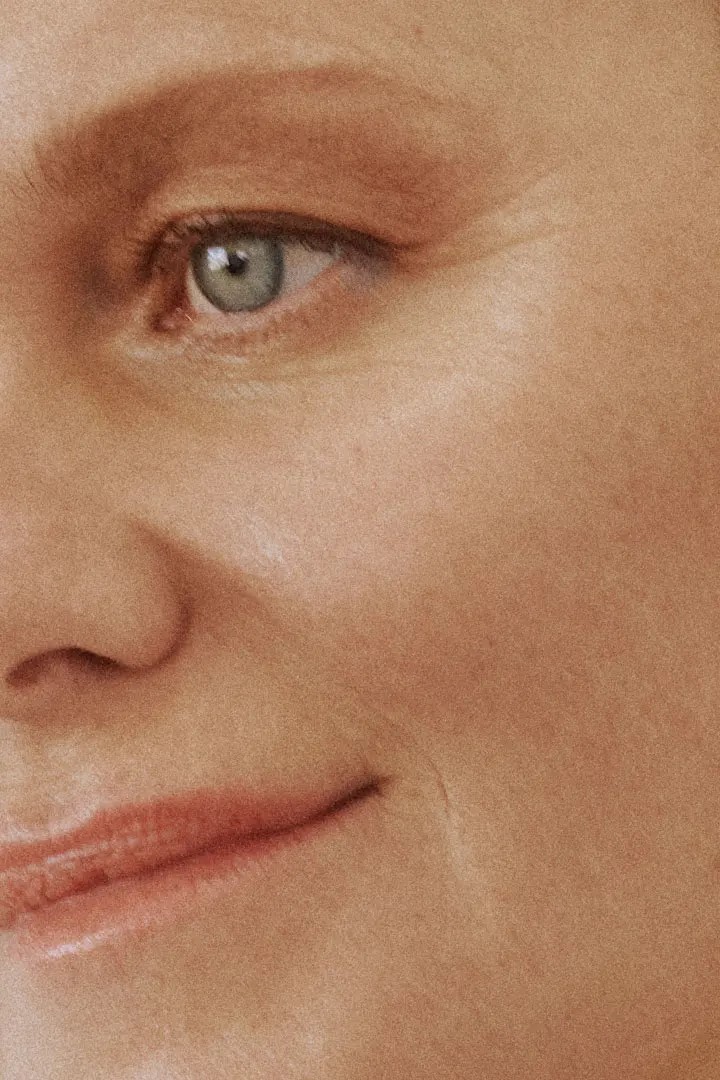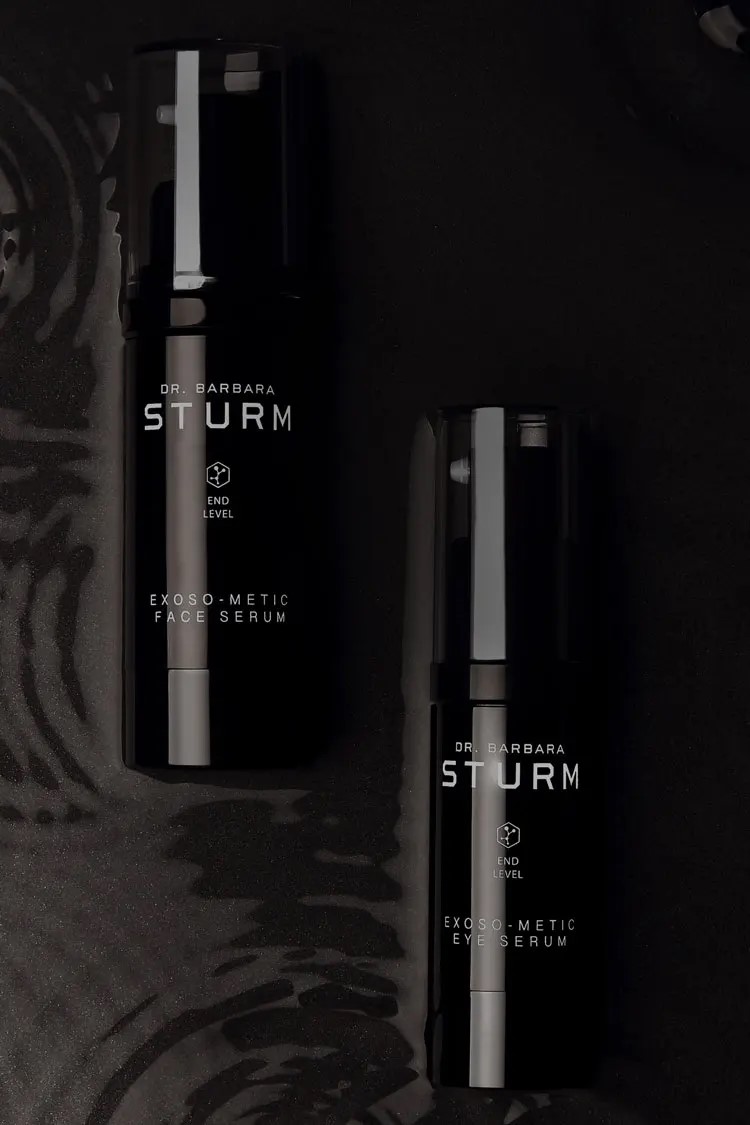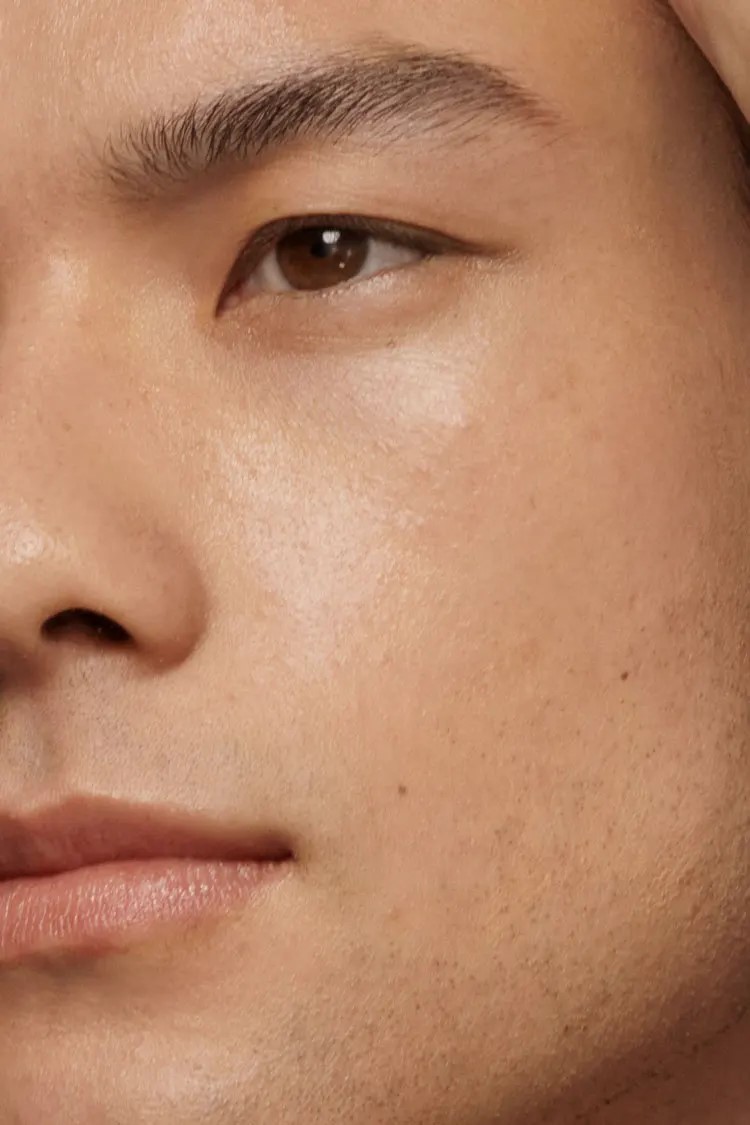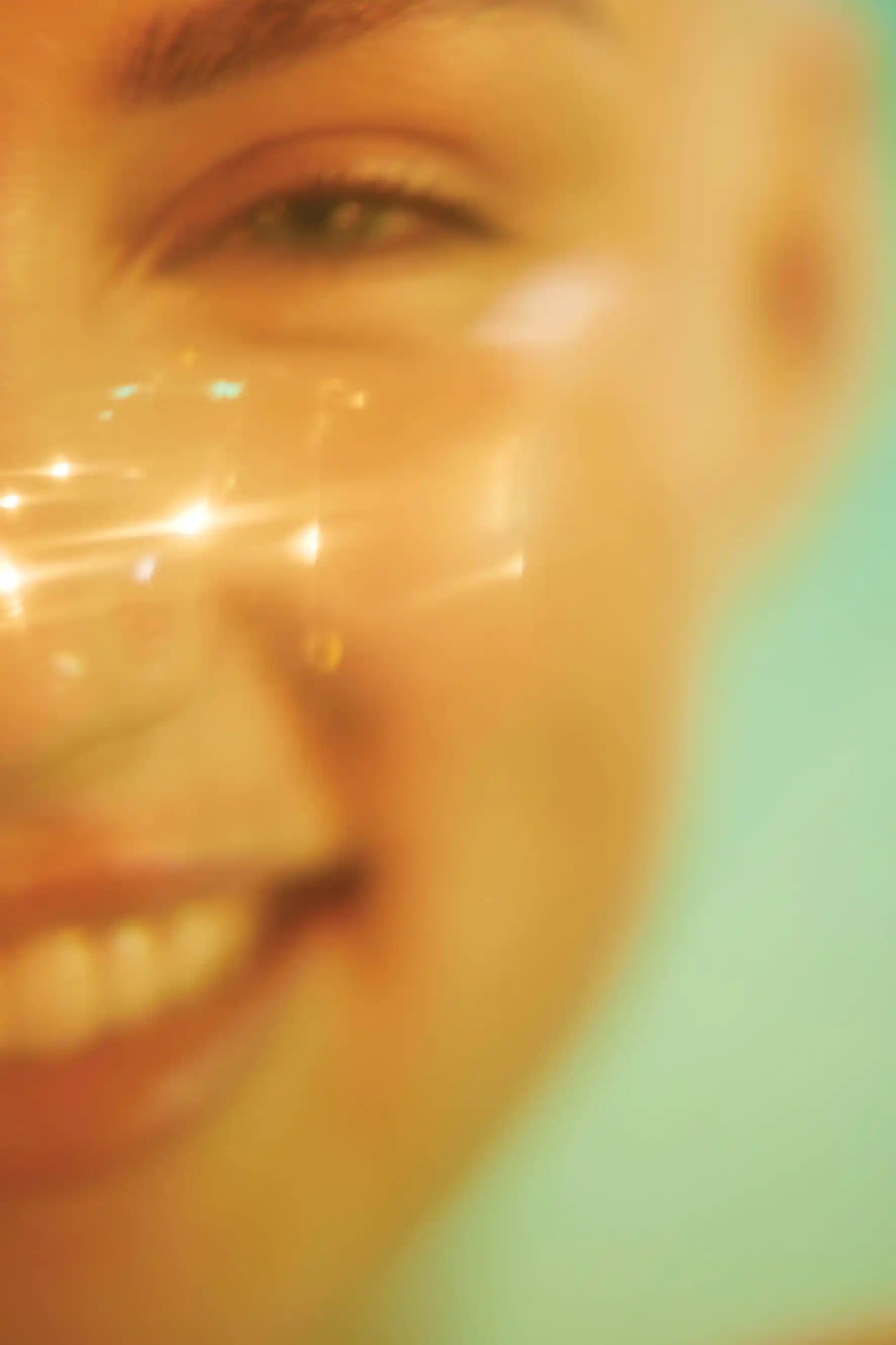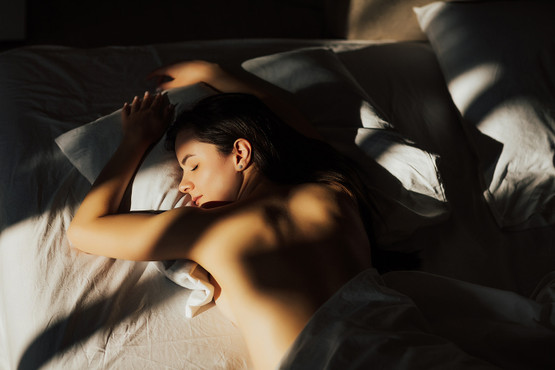THE SCIENCE OF SLEEP
10th Nov 2020
“Beauty Sleep” is more than an expression. While we sleep, our body, brain and skin regenerate and rejuvenate; blood flow increases to produce more collagen and growth hormones (hGH) which help reduce wrinkles, firm the skin and improve skin tone. Large waves of cerebrospinal fluid flows in and out of the brain, removing harmful waste. Your body produces Cytokines, a type of protein that targets infections and inflammation. Restful sleep is a vital part of an anti-inflammatory lifestyle and one of the most effective actions you can take to reset your brain and body health every day. “There is no major organ system of the body and no operation of the mind, that isn’t enhanced by sleep,” says Dr. Matthew Walker, Professor of Neuroscience and Psychology at the University of California, Berkeley and the author of Why We Sleep; The New Science of Sleep and Dreams. “You can think of sleep almost like your life support system.”
In an intimate conversation with Dr. Barbara Sturm, Dr. Walker shared key actions that can help you sleep better, as well as maximise its physiological effects. Read on for his top 7 tips and watch the full conversation on our YouTube channel.
1. Regularity
Go to bed at the same time and wake up at the same time, no matter if it is the weekend or a weekday. Regularity is critical; it will anchor your sleep and improve the quantity and quality of sleep.
2. Darkness
We are a dark-deprived society in this modern era and we need darkness at night-time to release another hormone called Melatonin to help time the healthy onset of our sleep. In the last hour before bed, try to dim down half of the lights in your home and stay away from digital devices in the last 45 minutes. Reverse said steps in the morning. It is critical that we get natural daylight in the first half of the day – so try to sit next to a window or go out for 20 minutes, even on a cloudy day.
3. Temperature
We need to drop our core body temperature by about two to three degrees to fall asleep and then to stay asleep. It is the reason why you will always find it easier to fall asleep in a room that is a little bit cold rather than too hot. A cool 16-18°C (60-80°F) is an ideal temperature for sleep.
4. Technology
Mobile phones, tablets and any alarm clocks with a digital display that emits blue HEV (High Energy Visible) light, can suppress Melatonin (the hormone that helps you fall asleep) and tricks your brain into thinking it is not time to sleep. Looking at your phone as soon as you wake up can also cause ‘Anticipatory Anxiety,’ a feeling in which you are anticipating something that is anxiety-inducing, which ultimately affects how you sleep. When we look at our phones as soon as we wake, we are training our brains to expect this wave of anxiety every single morning.
5. Caffeine
Caffeine has what we call a ‘half-life’ of about five to six hours. In other words, after five or six hours of drinking your first latte, 50% of the caffeine is still in your brain and body. If you have a cup of coffee at 2pm in the afternoon, and then get into bed at midnight, your system will contain about a quarter of that caffeine. We know that caffeine can disrupt not just how easy it is to fall asleep and how hard it is to stay asleep; it can also disrupt the amount of deep sleep we are getting.
6. Winddown
Try and establish some sort of winddown routine before you get into bed. Many of us think that sleep is like a night switch and that as soon as we get into bed, we should be able to go to sleep. Do whatever works for you; light stretches, meditation, reading a book or having a hot bath or shower… anything that can become a routine or ritual to relax you.
7. Walk it out
Do not stay in bed awake for too long. If you have been trying to fall asleep and it is 25 minutes later, or you have tried to fall back asleep after 25 minutes, do not stay in bed. Instead, go to a different room and dim the light, then just read a book or a magazine and go back to bed when you are sleepy. Your brain is an incredibly associative device and if you lie in bed awake, your brain quickly learns that being in bed is the place that you are awake – not asleep. The result: every time you go into the bedroom you will start to feel this feeling of alertness.
An educational conversation on the importance of sleep between Dr. Barbara Sturm and Dr. Matthew Walker.
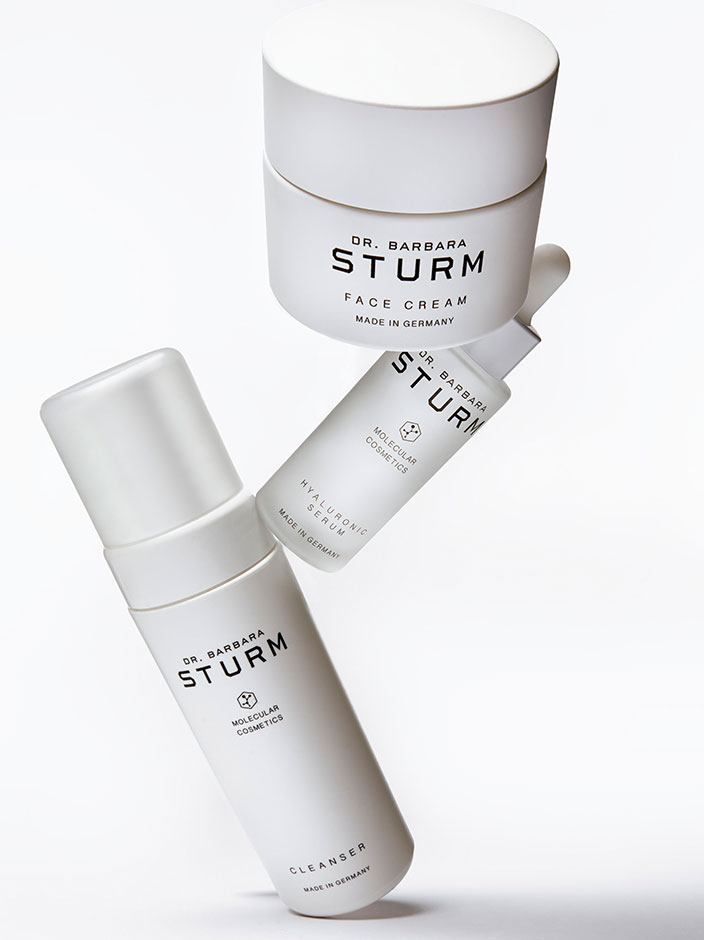
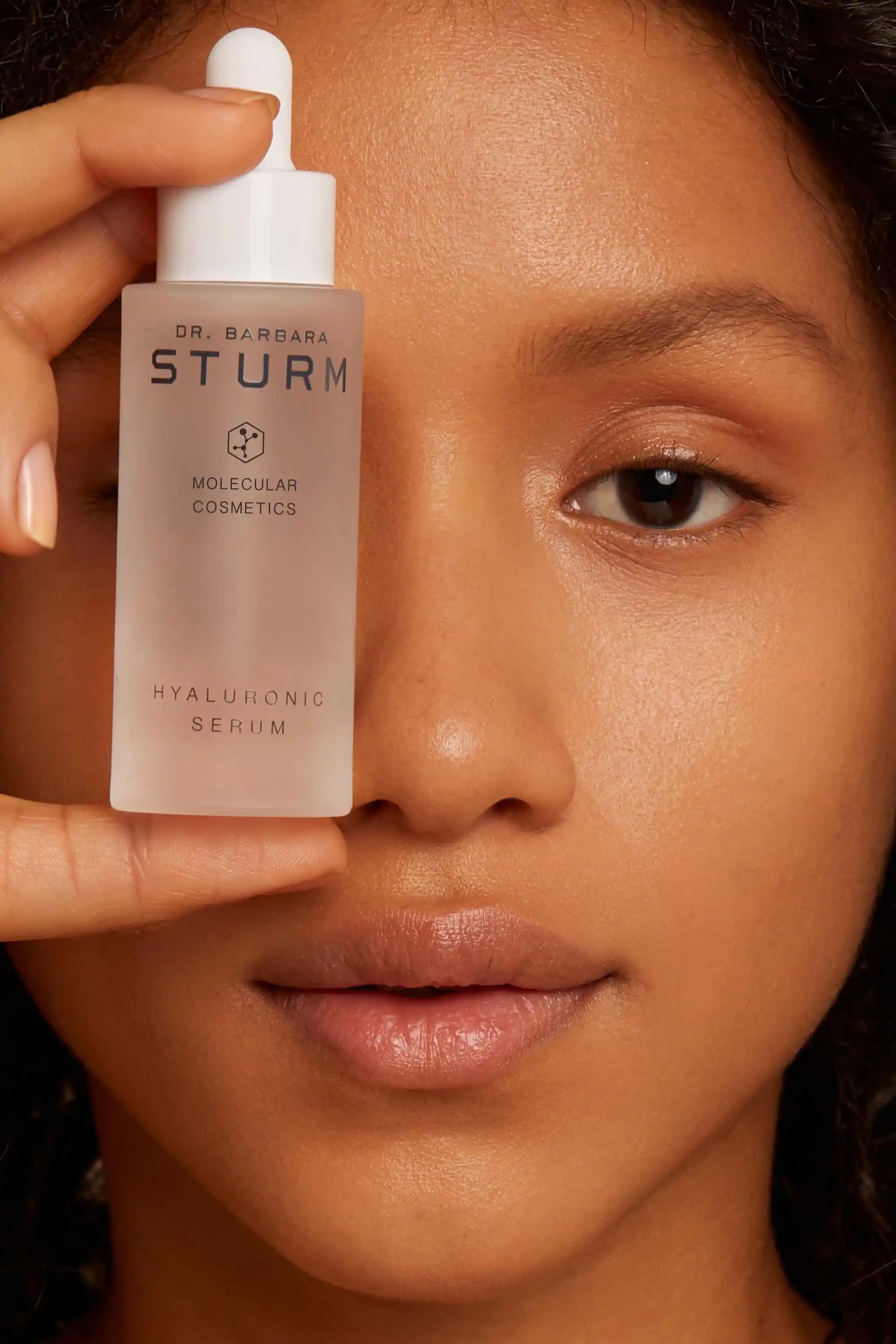
.jpg)
